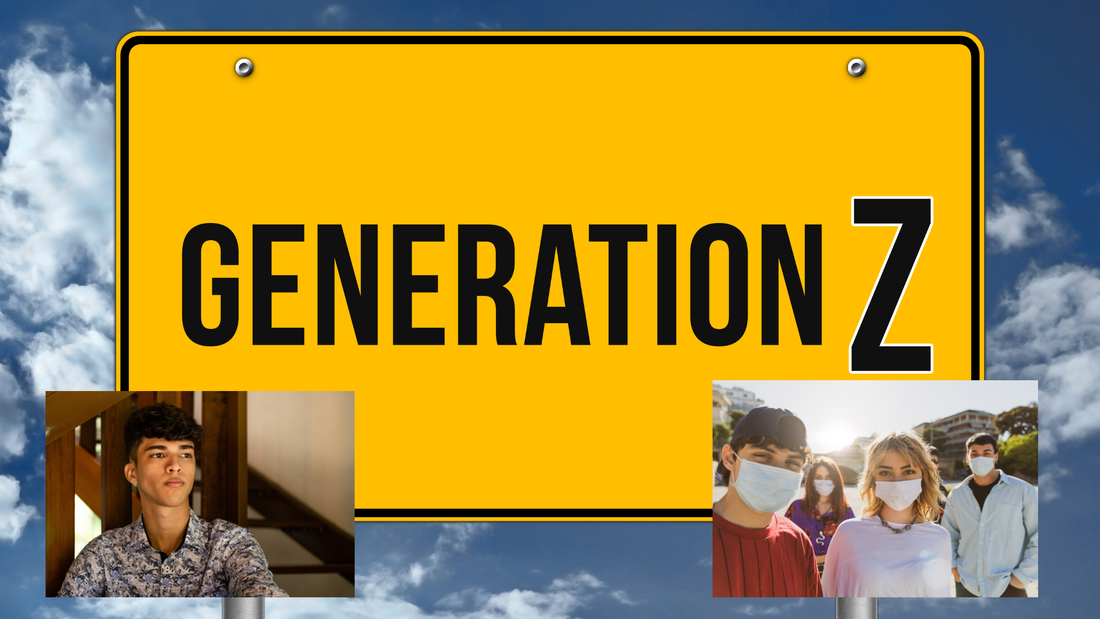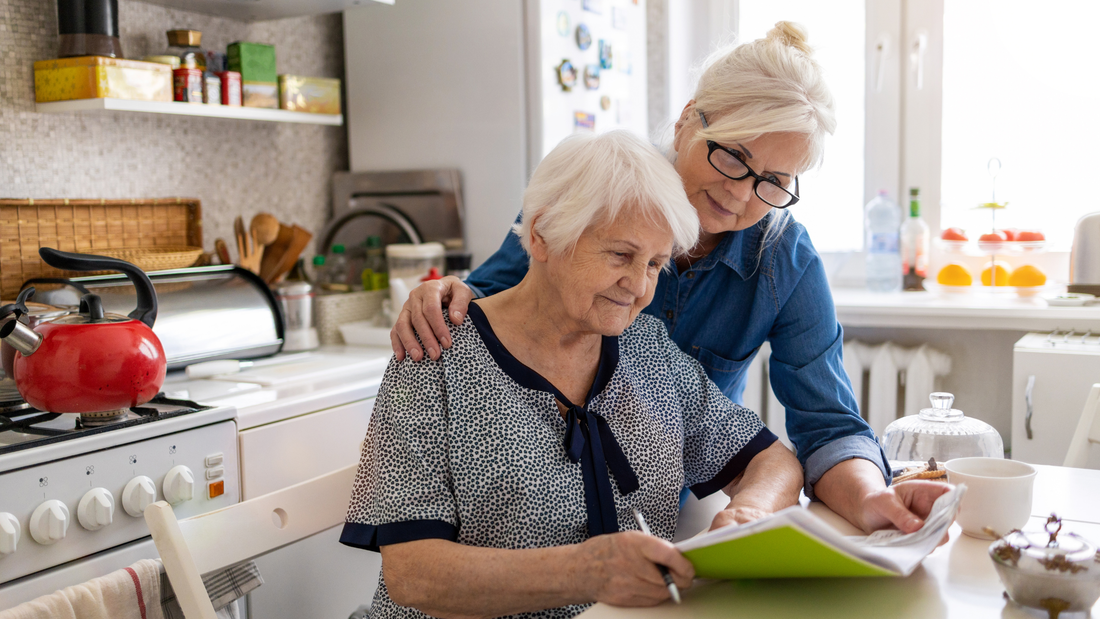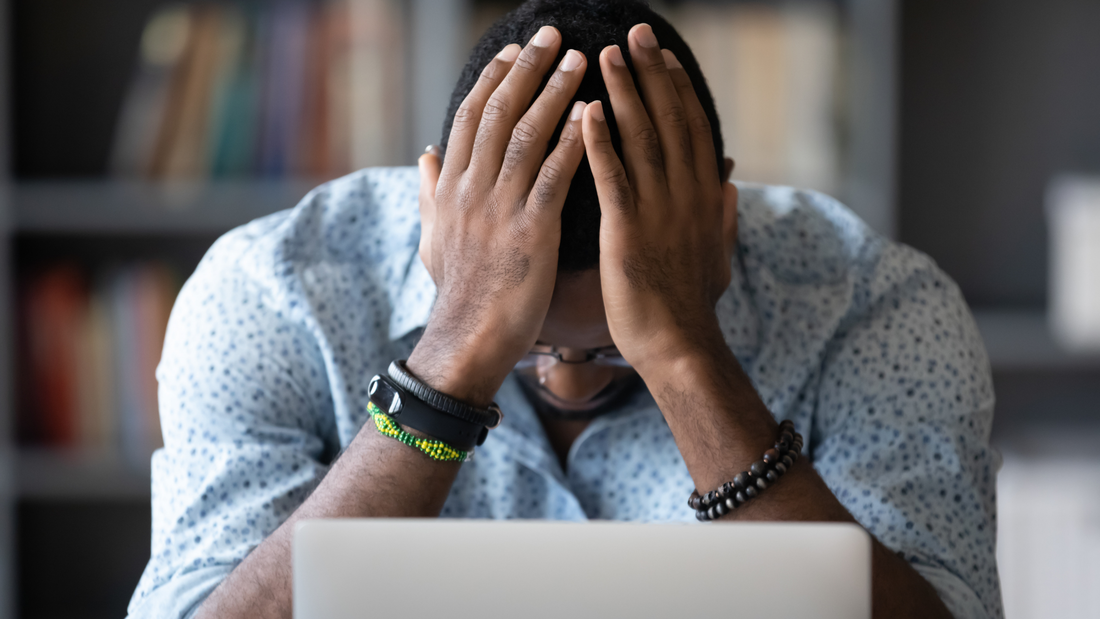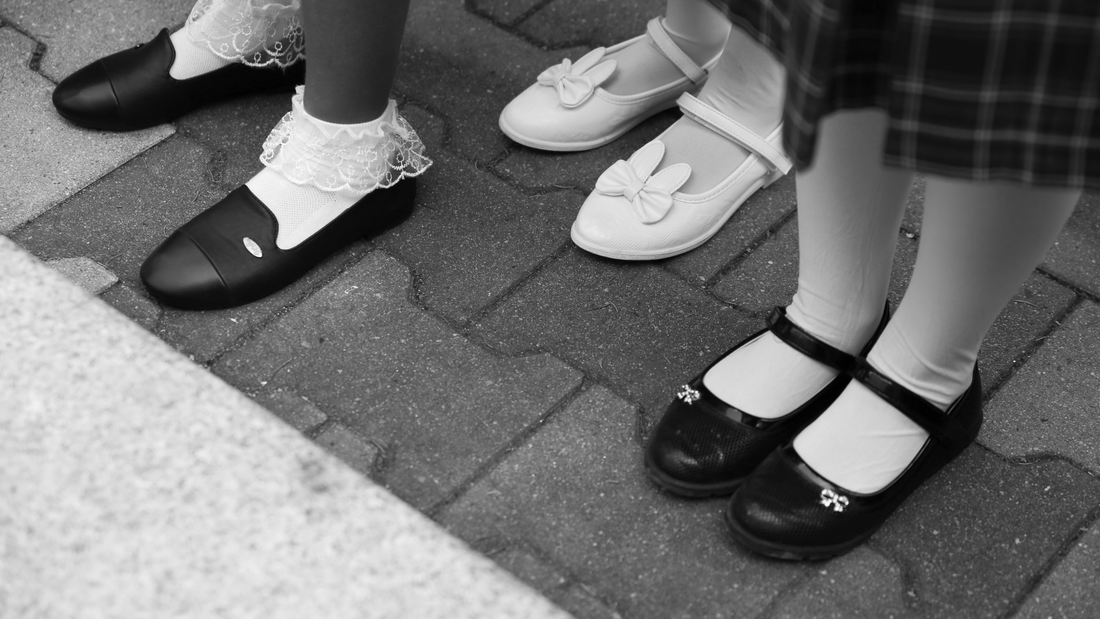|
I just finished reading the Esquire article, The Silent Epidemic Affecting Generation Z, by By Anna Altman
The above-listed article describes the elder caregiving bind which has fallen on Gen Z’s and its effects on their education, career development and forming families of their own. I dedicated my working life to finding solutions to eldercare; the-Gen Z caregivers issue was something I hadn't encountered until now; WOW! I worry about the Gen Z's being able to finish school, form families of their own, and move ahead in their careers. Unless we address this issue, our society will have a sad experiment in the affects of stress on the young. None of their goals are selfish; they are integral to the forward motion of our society. A better-educated younger generation will be more likely to have income to afford help for them in the future. Promotions at work helps secure their future and may grant benefits in their payment package as they become more "valuable" to their employers. Forming families of their own is the key to creating the next generation who will take over those jobs and help care for the Gen Z’s when they need it. These kinds of help today are NOT COSTS; they are INVESTMENTS in our country's future. We need to look at society's investment in these younger caregivers as though we are planting an orchard, not planting a crop. A crop is harvested at the end of the season, short term result. An orchard takes more years to reach production. However, it also produces more valuable 'crops" for a longer period of time. Let’s not cut down these young ones before we have all benefited from what they could do to “feed’ this country.
0 Comments
Care consultations help families avoid getting lost in the maze of payment options for elder care.
This blog series illustrate the ways a care consultation can save families money, time and trouble. These stories are drawn from our experience with families and their elders: identifying information has been changed. Paying for elder care is like making one’s way through a maze. In a maze, you can backtrack and take a different turn and it will only cost you time. In elder care, the wrong move can be very costly. Annie’s Mother was diagnosed with cancer and needed treatment. Following treatment, she was sent to a rehabilitation facility and then went home with help. All went well until she fell. The paid staff found her on the floor and sent her to hospital. Annie arrived to find her Mother in the ER. Tests showed she was dehydrated, poorly nourished and had not taken all of her medications. The hospital was overcrowded and so was the ER. Mother didn’t even get a room in the ER for 24 hours. The staff began treatments and Mother improved. Rather than sending her home, Annie decided it would be better to return her Mother to the rehabilitation facility. Annie also considered moving her Mother so she would not live alone to avoid future problems. This was especially important because Annie’s job took her all over the state. In an emergency, she might not return quickly. Annie didn’t review her Mother’s Medicare coverage. Mother had only been in the ER under observation. She had never been admitted to the hospital. Medicare covered many parts of her ER treatment. If her Mother had been admitted and had stayed long enough in hospital, she would have qualified for rehabilitation: she didn’t. Annie received the Medicare determination letter several weeks later: not covered. Annie returned her mother home, with more help, medication supervision, and more worry while she was on the road. She had to pay $18,000 to cover that stay. Consultations don’t cost, they pay. This blog series illustrates the ways a care consultation can save families money, time and trouble. These stories are drawn from our experience with actual families and their elders: identifying information has been changed.
Consultations help avoid mistakes; like ordered work boots but getting pink shoes with 4 inch heels Mike emailed me about a consultation and left his phone number; I called. “It’s about my Dad, he’s been losing it since my Mom died”, Mike said. I asked what he meant by, ”losing it”. Mike described his father’s problems with paying bills, keeping his place clean, and forgetting to take medicine. I explained how our consultations worked. “I just want to know which nursing home to put my Dad in!” he exclaimed. His tone seemed irritated. I explained that there were many kinds of care, some were covered by Medicare or Medicaid and some were not. Consultation is about taking various measurements and to find the right fit. Let me show you why I can’t just give you the name of a nursing home, I explained. Suppose you ordered a pair of shoes. When you opened the box, you found a pair of pink, 4-inch heels. Would those work for you? Before anyone buys shoes, we learn our shoe size and decide how we will use them; for socializing or construction work. We know this because we have purchased shoes before. Care consultations help families gather the right measurements so elder care fits their needs. Getting the right care for someone is usually a first-time experience for families. There are many kinds of care and different ways to pay for it. It’s as important to take measurements in your Father’s case as it is to get the right shoe size. It’s as important to learn if his condition might improve or if he is unlikely to improve. It’s really important to look at how his care will be paid. I can help you get those measurements and prepare you for the process. Our consultation cost is a fraction of the cost of care. You could return the pink, 4-inch heels for a refund: you can’t get a refund on elder care. IMy perspective on Covid is drawn from an early childhood experience with Polio. I believe it holds the key to unwinding the political binding that is strangling our vaccination effort.
It was summer, school was out and my sister and I could hardly wait to play with our friends. I already knew there was a sickness that children got and it made them so they couldn’t run and play. That seemed like the end of the world to me! Every day the radio reported the latest number of children with Polio and the number of deaths. After a week or so, my mother announced that we were “going to stay home and make things”. That seemed odd. We made all kinds of things; I learned to sew that summer. When I asked if Olivia could join us, Mom refused. Mom told us that Olivia was away on vacation. Later, I saw her mother driving their car. Olivia must be home again. Still Mom refused to allow her to come. She also refused any other children to come. Mom seemed worried all the time; I didn’t understand why. I thought I had done something SO horrible that she wouldn’t talk about it! Finally, I asked to go see Olivia at her house; Mom got really, really upset. I couldn’t make any sense of her reaction; what had I done? Did I do something to Olivia? My curiosity got the better of me. While my mother was putting my sister down for her nap, I left the house anyway! When I knocked on Olivia’s door, her mother answered. She seemed startled to see me. I asked to see Olivia but her mother replied; “is it OK with your mother?” “Yes”, I lied. She left me standing on the front stoop while she went into the dining room. Olivia didn’t come to the door. Instead, I heard a sound: whoosh, whiish, whoosh, whiish. It sounded like a giant breathing. Eventually, Olivia’s mother came to the door and invited me into their dining room. All the dining furniture was gone. In its place was a giant machine that wrapped itself around Olivia like a tin can: only her head showed. Olivia turned her head (sort of) and greeted me. I couldn’t speak. She tried to explain that she had gotten Polio. I still couldn’t make a sound. I don’t remember exactly what I did next. Eventually, I found myself sitting on the curb about midway between her house and ours. I have no idea how long I sat there. Eventually Mom must have come looking for me. She bent down and looked intently into my eyes. I still couldn’t talk. Her facial expression was the same as the time my sister had been bitten by a dog. Mom gathered me up and took me home. She looked me over physically. Seeing no injuries, she gave me a pill and put me to bed. That whole experience was buried deep in my mind; until Covid. During the first lockdown, I was awakened by the sound: Whoosh, whiish, whoosh, whiish. I got up and checked the furnace, no noise like that. It happened for several nights; I checked the windows and the plastic sheeting over the glass which sealed out air leaks. I found no “cause”. Finally, Olivia greeted me one night and I realized where I had heard that noise! My encounter with Polio had come back to me! Shortly after that summer, the radio announced the “Salt” vaccine. Mom corrected me, it was the Salk vaccine. The school gymnasium filled with children and their mothers. We were lined up, given the shot, and a card. I didn’t like shots. Mom looked elated! She took us out for a chocolate soda to celebrate. Celebrating seemed an odd way to respond to a shot. Olivia’s family moved away. The next year we moved. Only later did I learn that the shot I received was to prevent me from getting that sickness so children couldn’t run and play. Based on this experience, I suggest the following methods to refocus on Covid as a disease PERIOD. Polio and the concept of prevention through vaccine remained PRESENT to me because of that (buried) experience. Covid isn’t real for some people because it’s not present. Bubonic Plague left bodies in the streets. The 1918 Flu pandemic left people dying at everywhere. Nurses and doctors saw Covid effects. Those who tried to care for loved ones at home saw Covid up front. Covid isn’t visible to the general public when most patients are whisked away by ambulance, and sequestered in ICUs. WE NEED TO MAKE IT VISIBLE. Children who suffered from Polio came home in wheel chairs, crutches and iron lungs. They represented the effects of a dread disease. Long haul Covid sufferers don’t have appliances. They have memory loss and trouble breathing. That’s harder to see. We NEED TO MAKE VISIBLE THE EFFECTS OF COVID IN THOSE WHO HAVE RECOVERED. When I was born, there was only the Small pox vaccine. I remember grownups with a scarred circle on their upper (usually left) arm; their vaccine site. Bringing up a child was no walk in the park; whooping cough, measles, mumps, chickenpox, diphtheria and polio were only some of the hazards of childhood. Generations of parents spent sleepless nights in prayer beside children’s beds. They rejoiced at each vaccine because they had witnessed the alternative. Each vaccine removed the presence of an illness but it also broke the connection with lived experience. WE NEED TO REBUILD THAT BRIDGE. We need to reconnect to dots for those whose lived experience can’t teach them about such consequences. Covid -first wave was real. Covid Variant is also real WE NEED TO MAKE IT IMPORTANT ENOUGH. Who is important enough to make a difference in our response? When HIV-AIDs developed it only affected gay men. It was first called gay cancer. Some believed it was the judgment of G-d and should be left alone. Then HIV jumped to heterosexual people; it became important. We now have treatments. At first, Covid only took the lives of elderly people in nursing homes. The deaths of younger people in the first variant wave made some realize that a-n-y-o-n-e could die from Covid. Do the right people have to suffer before we take this seriously? Now is it important enough? This will not be our last plague or pandemic. What changes we make in society’s communication methods now, will decide if we surmount the next two SARS Covid-19 variants. Technology may give us wonderful vaccines, but these will be useless if we leave them on the table due to misinformation. Thank you Olivia, your life and death were not in vain. You showed me consequences and I am grateful for your gift. |
Author "A Senior Moment" is written by Ms. Sara Lieber, owner of Senior Sidekicks. Ms. Lieber has over 30 years of experience in senior care. Archives
March 2024
Categories
All
|





 RSS Feed
RSS Feed